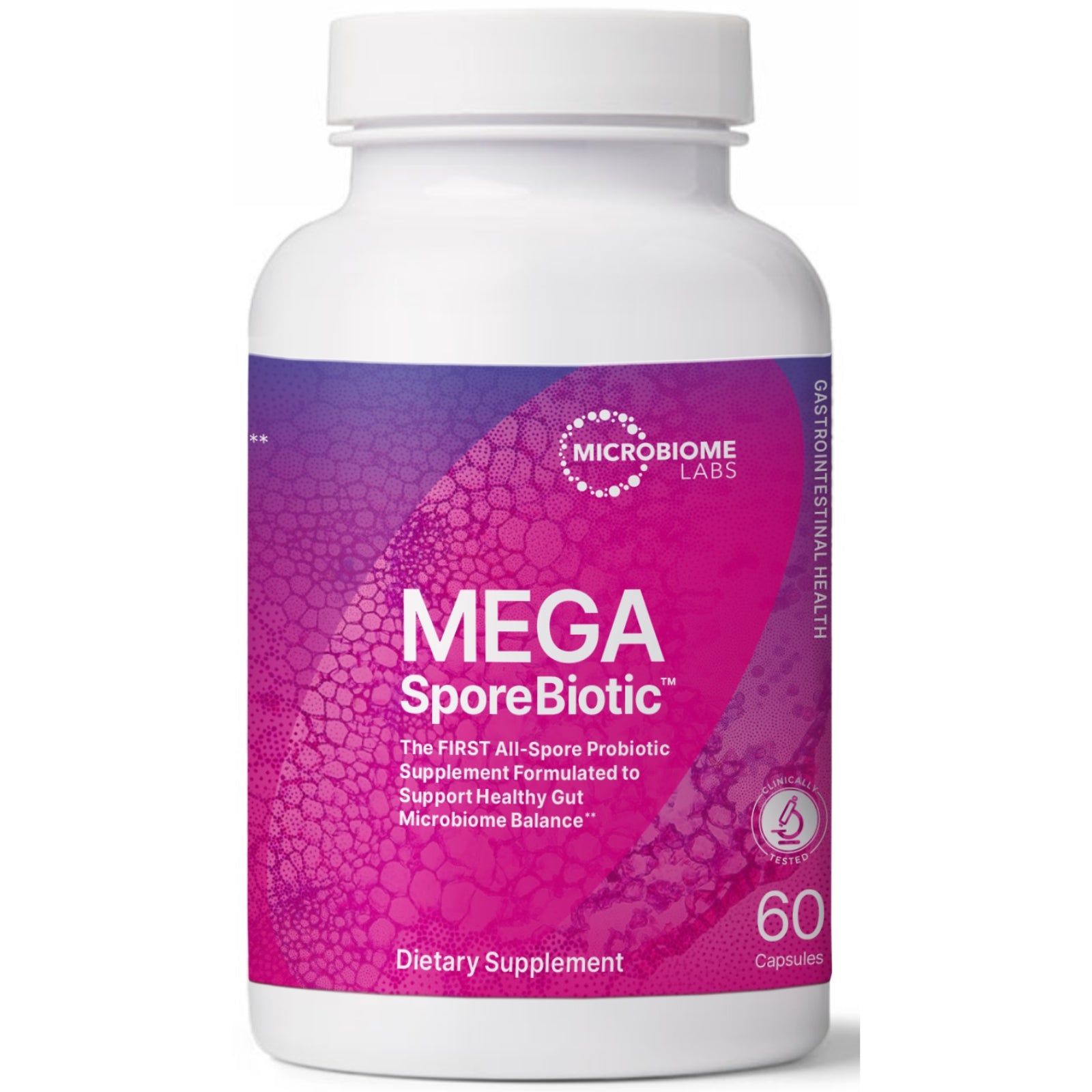
Going to the doctor for a prostate checkup is not among the top things men like to do, but if you’re 40 years or older, it’s time to pay more attention to this important gland. In recent years, the connection between diet and prostate health has grown stronger, as study after study demonstrates the benefits of particular foods to protect against, and manage, certain prostate conditions. Here are eight “prostate supportive” foods:
Brazil nuts
Selenium is an essential trace mineral, and increased serum levels of selenium have been associated with a lower risk of certain prostate conditions.1 Eating just two of these meaty nuts daily packs the power to raise selenium levels.2 For those who may find Brazil nuts an acquired taste, simply add them to a protein shake.
Broccoli
Eat your broccoli! This cruciferous vegetable contains a compound—glucoraphanin—that is transformed into sulforaphane (by the enzyme myrosinase) when the plant is crushed (usually what occurs with chewing). Sulforaphane has been shown to help by influencing long, noncoding RNAs (part of the DNA that plays an important role in triggering cell changes and spreading them), which may support the body’s mechanism to protect against certain prostate conditions.
Green tea
Sipping on a few cups of green tea daily can benefit the prostate, thanks to a potent antioxidant compound known as epigallocatechin gallate (EGCG) that has been shown to lower prostate specific antigen (PSA) levels, as well as support prostate health.*
Mushrooms
Evidence has indicated that one of the most common, edible mushrooms available can also support prostate health. A recent clinical trial of white button mushrooms has shown that the fungi can slow down production of certain sex hormones and lower PSA levels, as well as help to improve immune function.*
Pomegranate
This delicious, messy fruit may provide some support for prostate health. In particular, the peel contains phytochemicals and antioxidants that may be beneficial, while the juice has shown an ability to prolong the doubling time of PSA.*
Salmon
This fatty fish is a star of the sea because it is rich in omega-3 fatty acids and touted for its anti-inflammatory properties.7 While more studies need to be conducted about how omega-3s can provide a protective effect for prostate health, it’s always a good idea to put more salmon on your menu for overall health.
Tomatoes
The ruby red color of a ripe tomato is due to the lycopene within the fruit. Lycopene is a carotenoid—a pigment in the plant with potent antioxidant properties that can support prostate health and lower PSA levels.8 So support prostate health by having the tomato juice, spaghetti sauce, and anything else containing this luscious, beneficial fruit.
Turmeric
This golden spice is used in many Asian foods and cuisines (think curries and golden milk) and shows promise as a preventative against certain prostate conditions. It has also been shown to lower PSA levels when paired with pomegranate, green tea, and broccoli.9 Curcumin is the component of turmeric that has been shown in research to offer a variety of protective qualities for the body—including the prostate.10
Incorporating nutrition for prostate health
The foods mentioned here can play an important role in your overall prostate health strategy. Consider discussing with a healthcare provider or nutritionist how best to implement these or other selenium-rich foods in a nutritious, balanced diet to improve prostate health.

